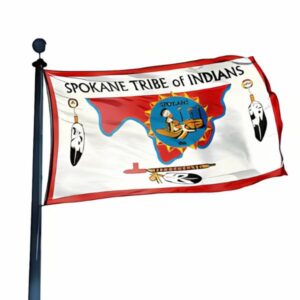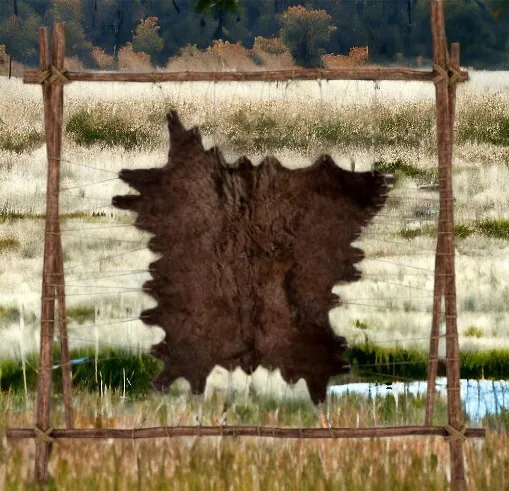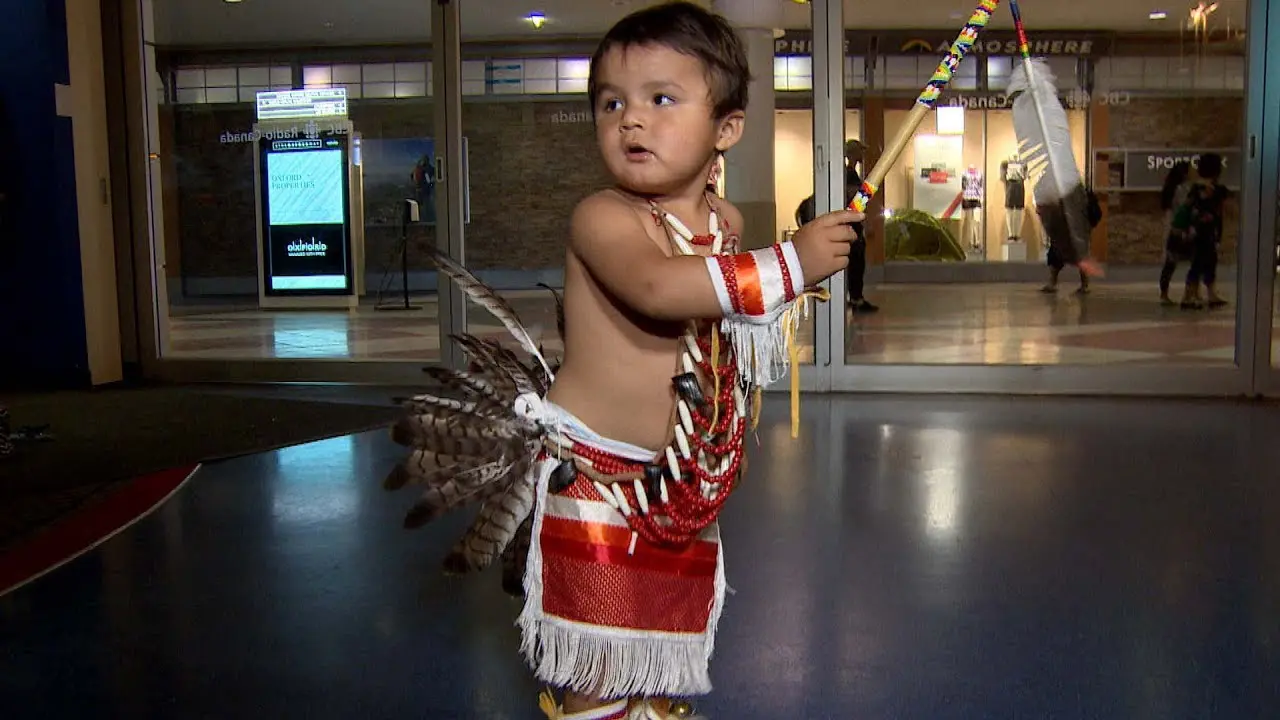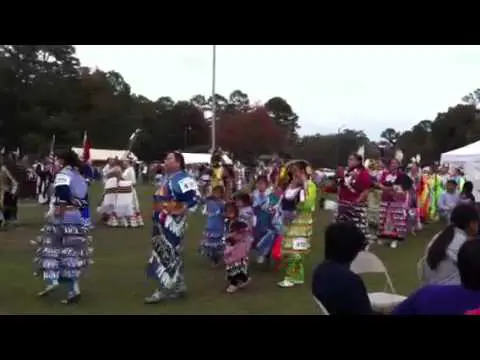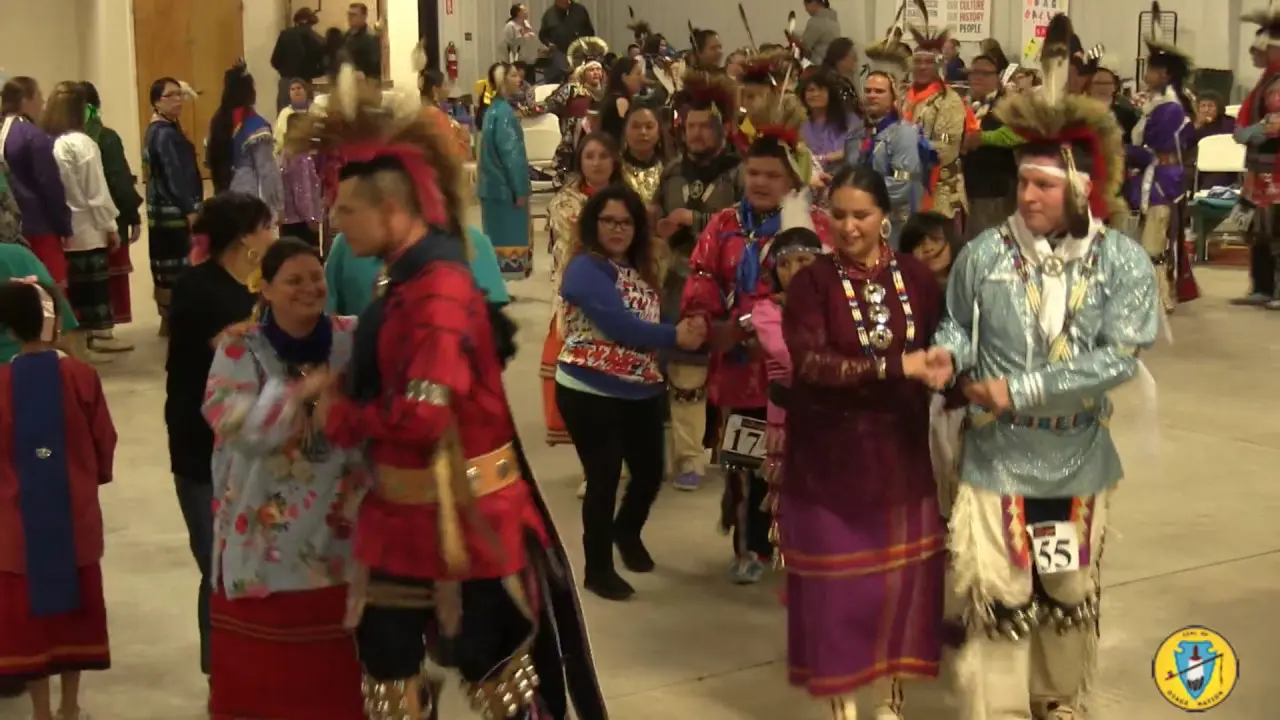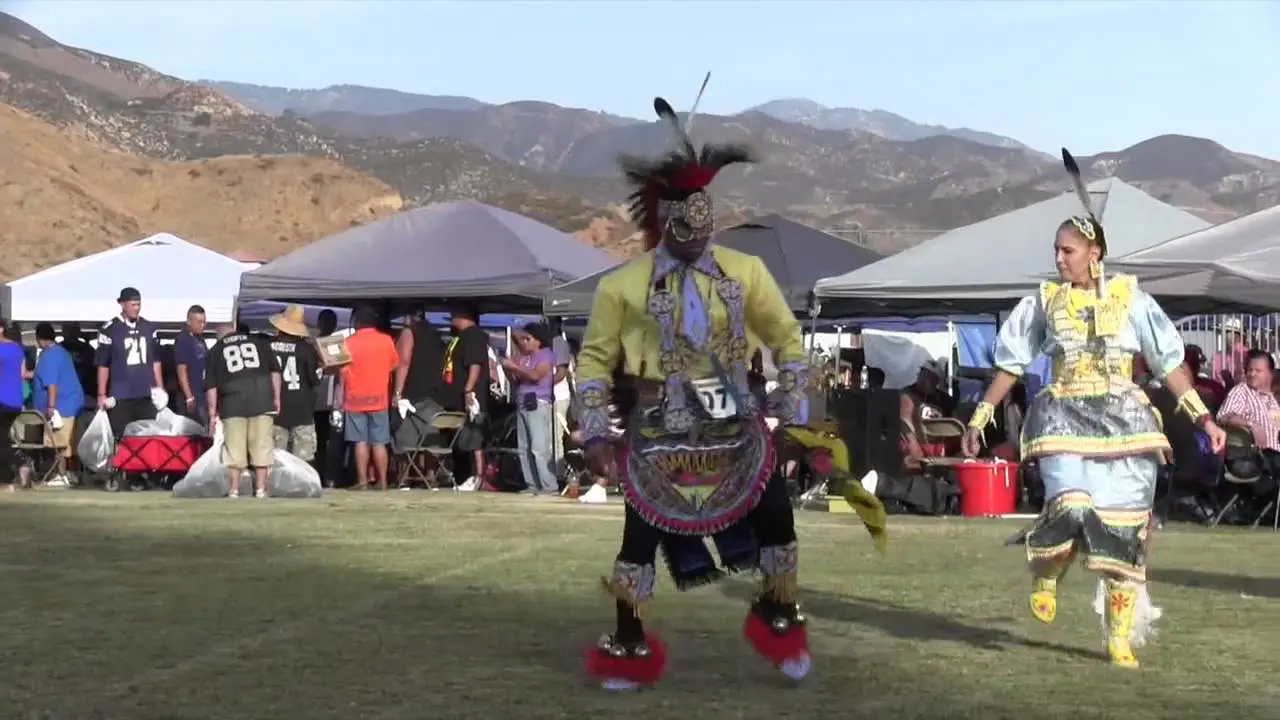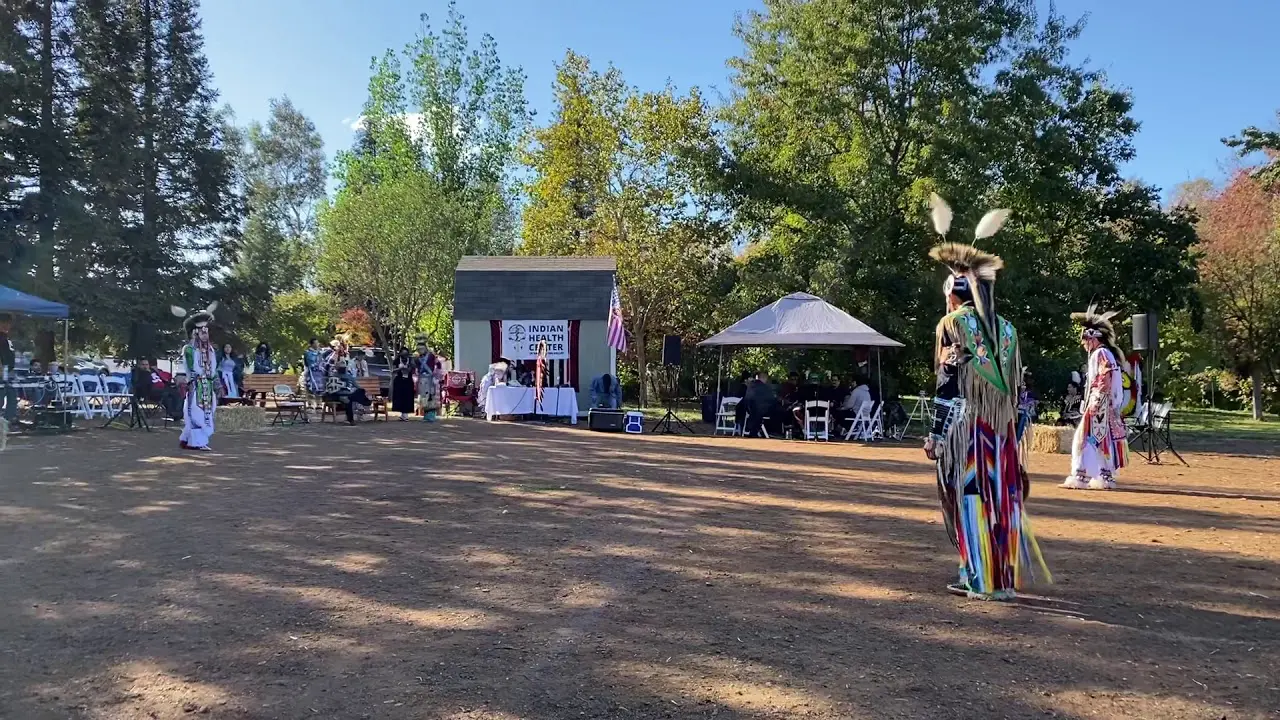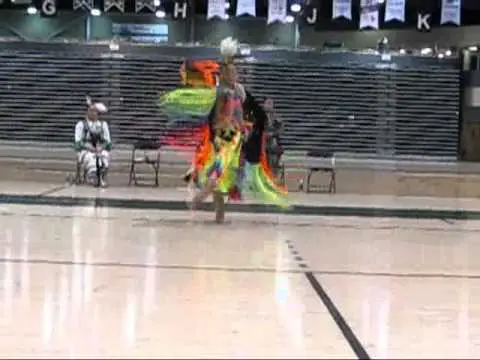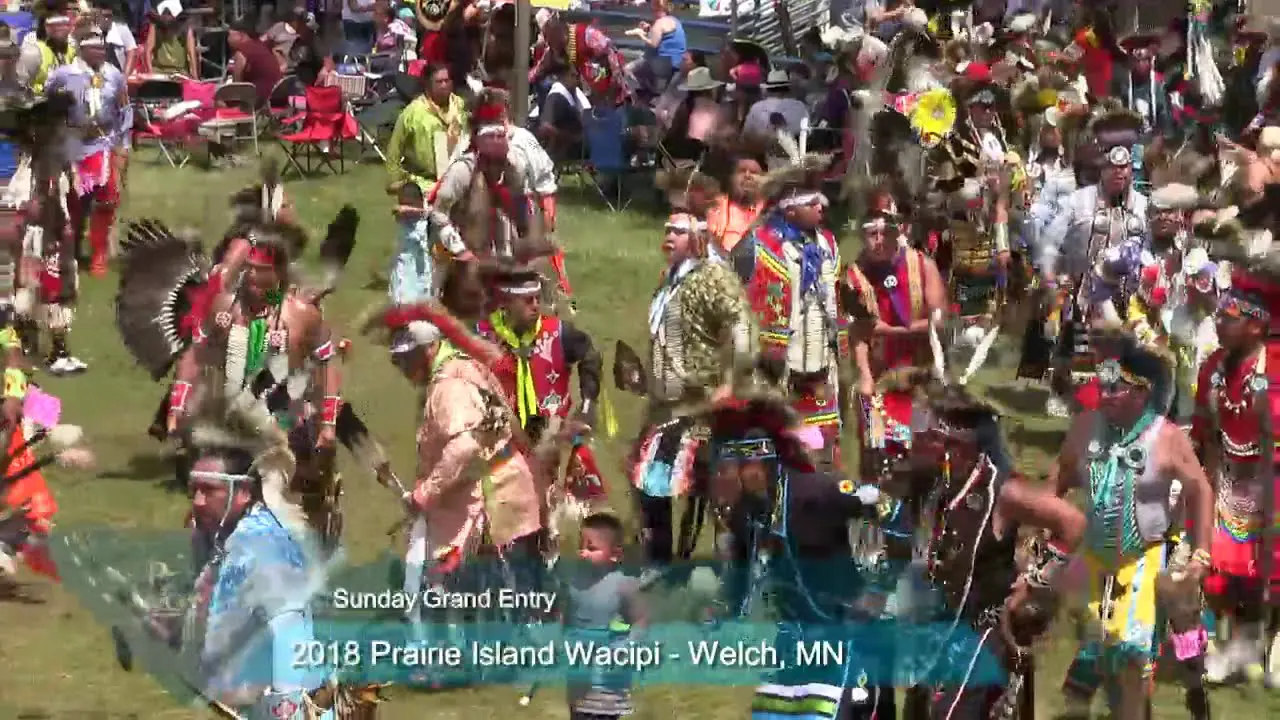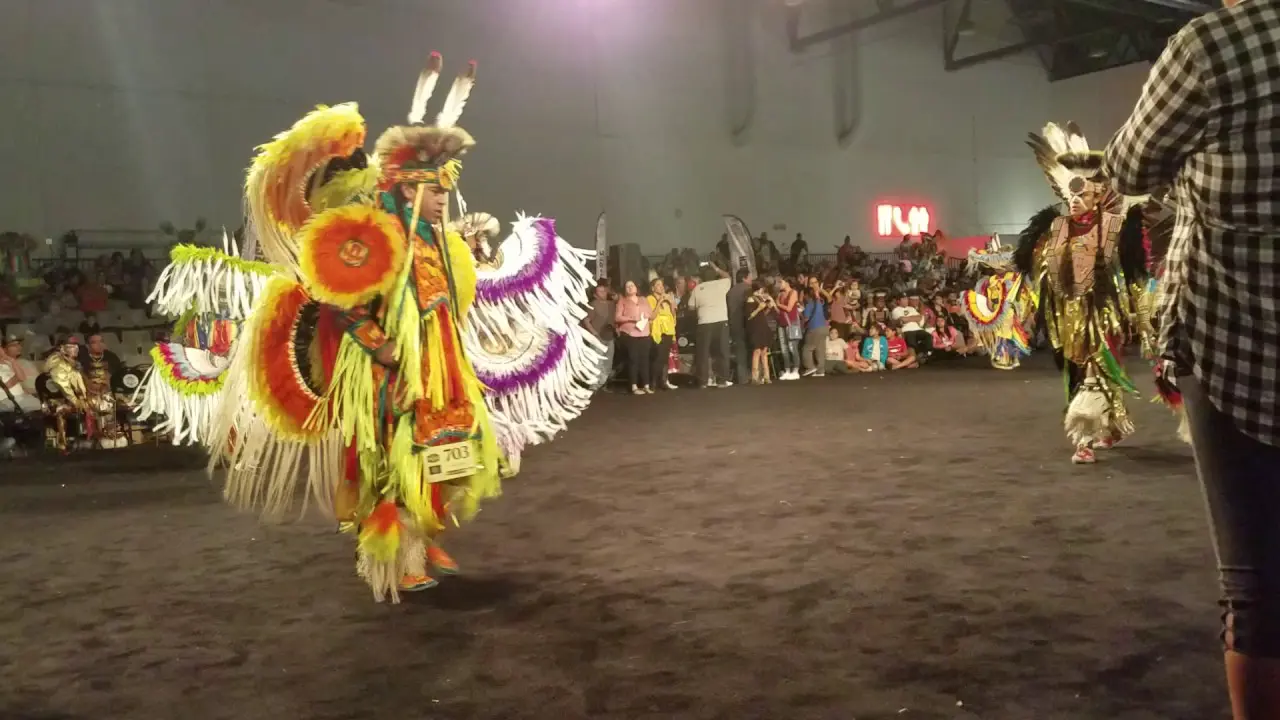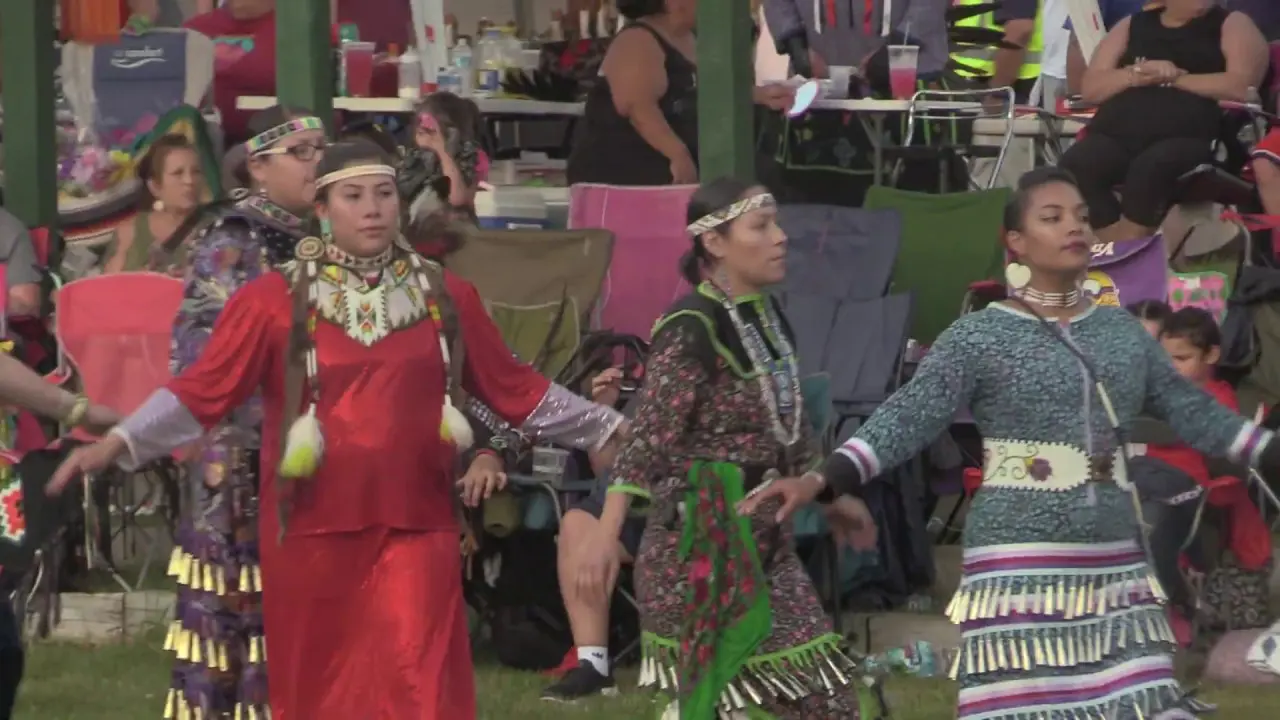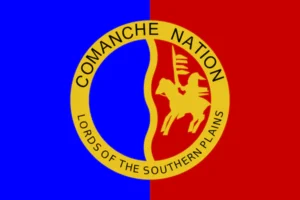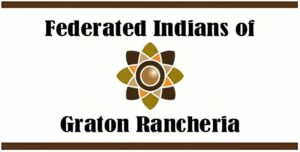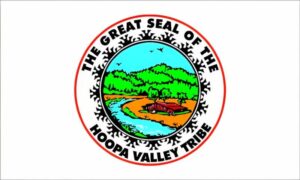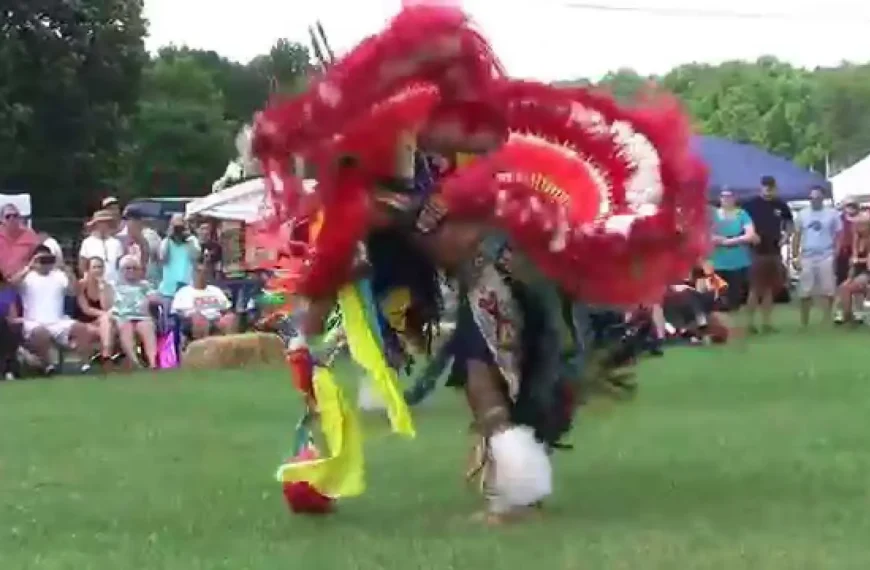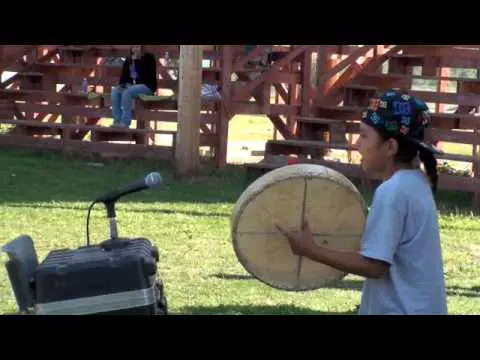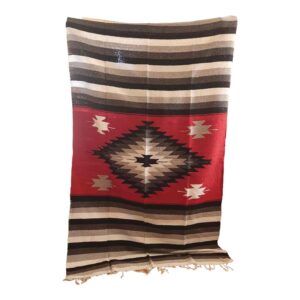Introduction to the Spokane Tribe of the Spokane Reservation
Nestled in the breathtaking landscapes of the Pacific Northwest, the Spokane Tribe of the Spokane Reservation is a vibrant community with rich cultural heritage and a deep-rooted connection to their ancestral lands. Established in 1881, the Spokane Reservation spans approximately 159,000 acres along the majestic Spokane River, encompassing parts of Washington State. The Spokane Tribe, part of the Interior Salish linguistic group, has a dynamic history that reflects resilience, tradition, and a strong sense of identity.
With a population that hovers around 2,600 enrolled members, the Spokane Tribe stands as a testament to the enduring spirit of Indigenous peoples. The tribe’s culture is celebrated through various conventional practices, including art, dance, and storytelling, which are integral to their social fabric and identity. The Spokane Tribe is not just focused on preserving its history; it is also committed to enhancing the quality of life for its members through education, economic development, and community engagement.
In recent years, the Spokane Tribe has increasingly laid emphasis on environmental stewardship, working to protect their natural resources and promote enduring practices. As they navigate contemporary challenges,they remain dedicated to honoring their past while looking toward a future that supports their community’s growth and prosperity.
For those who wish to learn more about the Spokane Tribe, their traditions, initiatives, and the stunning beauty of the Spokane Reservation, a journey into this captivating community reveals a rich tapestry of Indigenous culture, perseverance, and hope for generations to come.
Origin Of The People
The Spokane Tribe of the Spokane Reservation resides in a region rich with history and cultural significance.The origins of the Spokane people are deeply intertwined with the natural environment surrounding the Spokane River in eastern Washington State. Traditionally, the Spokane people have lived in this area for thousands of years, relying on its fertile lands and abundant resources for sustenance.Anthropological studies suggest that the Spokane ancestors were part of a larger group of Plateau Indians, who migrated to the region in search of food, shelter, and community. They developed a lifestyle centered around hunting, fishing, and gathering, taking advantage of the diverse ecosystem that included salmon-rich rivers and lush forests. The Spokane Tribe’s name is believed to derive from the Salishan word “sp’qane,” meaning “children of the sun,” which reflects their close connection to the land and natural elements.
Socially, the Spokane Tribe is organized into several subgroups or families, united by shared language, customs, and social structures. The Spokane language belongs to the Salish family, and efforts are ongoing to preserve and revitalize it among younger generations.
Culturally, the Spokane people have a rich tapestry of traditions, ceremonies, and art forms that reflect their heritage. Spiritual practices are inherently linked to the natural world, showcasing an understanding and respect for the land that has sustained them for generations. Traditional storytelling serves as an essential avenue for passing down knowledge and cultural values,with stories frequently enough featuring animals,nature,and historical events.
Over the past few centuries, the Spokane Tribe has faced meaningful challenges due to colonization, the encroachment of settlers, and changes to their land and lifestyle. Though, the resilience of the Spokane people shines through in their continued efforts to preserve their cultural heritage and promote community well-being. Today, the Spokane Tribe actively engages in various economic development initiatives, educational programs, and cultural preservation activities, ensuring that their history and traditions remain vibrant and relevant for future generations.
Tribal Homelands
The Spokane Tribe of the Spokane Reservation, located in the picturesque region of Eastern Washington, considers their tribal homelands not only a geographical area but a living entity that is integral to their cultural identity. This reservation encompasses over 155,000 acres along the banks of the Spokane River and nearby Lake Roosevelt, providing a rich tapestry of landscapes that include forests, rivers, and mountains, all of which hold historical and spiritual significance for the Tribe.Historically, the Spokane Tribe inhabited the confluence of the Spokane, Little Spokane, and Columbia Rivers. This area was abundant in resources, providing a bountiful supply of fish, game, and edible plants. The Tribe’s relationship with its homeland is deeply rooted in their traditions, which have been passed down through generations. Fishing, hunting, and gathering remain vital practices, connecting tribal members to their ancestors and sustaining their way of life.
In contemporary times, the Spokane Tribe actively protects and manages their natural resources, ensuring that their homelands continue to thrive. They have implemented several environmental stewardship initiatives, focusing on habitat restoration, water quality advancement, and sustainable land management. The Tribe’s commitment to preserving their environment emphasizes the importance of maintaining balance with nature, a core principle of their cultural beliefs.
The Spokane Reservation also serves as a center for cultural revitalization.The Tribe organizes various cultural events, such as the annual Pow Wow, where members and visitors can experience traditional dances, music, and crafts, all of which highlight the rich heritage of the Spokane people.Additionally, educational programs are in place to teach both tribal members and the public about the history, language, and values of the Spokane Tribe, fostering a deeper understanding and respect for Indigenous cultures.
The Spokane Tribe’s deep connection to their homelands shapes their resilience and identity,creating a powerful bond that continues to influence their present and future. Through their ongoing advocacy for environmental integrity and cultural preservation, the Spokane Tribe exemplifies the importance of honoring and protecting their ancestral lands for generations to come.
Interactions With Settlers
The interactions between the Spokane Tribe of the Spokane Reservation and settlers have been complex,marked by a mix of cooperation and conflict. Initially, the arrival of European settlers in the mid-19th century brought both opportunities and challenges for the Spokane people. On the positive side, some settlers introduced new goods and agricultural practices that initially intrigued the tribe. This exchange facilitated a certain level of adaptation; as an example, the Spokane people began incorporating some settlers’ farming techniques and tools into their traditional lifestyles, which led to increased food production.
However, these interactions were largely overshadowed by the negative consequences of colonization. As settlers encroached on traditional Spokane lands, disputes over territory arose. The U.S. government’s push for treaties often resulted in significant land loss for the tribe. The 1855 Treaty of the Walla Walla, which established the Spokane Reservation, was intended to secure land for the tribe but ultimately reduced their territory and imposed restrictions on their movement and lifestyle.
Moreover,settlers often brought diseases that devastated the Spokane population.Smallpox and other illnesses to which the Spokane had no immunity caused dramatic declines in their numbers, further straining their communities and traditional ways of life. Additionally, conflicts sometimes erupted over resource management, as the influx of settlers intensified competition for fishing spots and hunting grounds critical to the Spokane’s survival.Despite these challenges, the Spokane Tribe has shown resilience. Over time, they have navigated the shifting dynamics with settlers and support from various allies. By engaging in economic development, cultural revitalization, and advocacy for their rights, the Spokane people strive to reclaim their voice in the landscape marked by both collaboration and conflict. Today, the Spokane Tribe continues to celebrate its heritage while addressing the historical complexities shaped by settler interactions.
Most Notable Events In Their Tribal History
The Spokane Tribe of the Spokane Reservation has a rich and storied history marked by a series of notable events that shaped their cultural identity and resilience. One significant event was the establishment of the Spokane Reservation in 1881,which defined the tribal land and sovereignty. This designation allowed the tribe to maintain its cultural practices and governance amidst the pressures of westward expansion.
In the early 20th century, the Spokane Tribe faced challenges as external forces sought to assimilate Indigenous communities into mainstream American society. A pivotal moment occurred in 1934 with the Indian Reorganization Act, which aimed to reverse previous policies of assimilation. The Spokane Tribe embraced this prospect by reorganizing its government and preserving its cultural heritage, ultimately leading to the creation of a tribal constitution.During the 1960s and 70s, the tribe became active in the American Indian Movement, advocating for tribal rights and sovereignty. This era saw the Spokane Tribe participating in various protests and negotiations to reclaim land and assert their rights, reflecting a broader push for Indigenous self-determination across the United States.
In 1991, the Spokane Tribe opened the Spokane Tribal Casino, which marked a significant economic development milestone. This venture not only provided financial resources for the tribe but also helped the community preserve and promote its cultural heritage through economic independence.
The 21st century has brought continued growth and challenges for the Spokane Tribe, including environmental issues and climate change impacts on traditional lands. The tribe has engaged in initiatives aimed at environmental stewardship,promoting sustainable practices that honor their ancestral relationship with the land.
Through these events,the Spokane Tribe of the Spokane Reservation has demonstrated resilience and adaptability,fostering a vibrant cultural identity while passionately advocating for their rights and environmental sustainability.
Where Are Their Tribal Lands Now And How Were They Established
The Spokane Tribe of Indians primarily resides on the Spokane Reservation, located in northeastern Washington State. The reservation spans approximately 158,000 acres along the banks of the Spokane River and near the city of Spokane,making it a vital part of their cultural and economic identity. The establishment of the Spokane Reservation dates back to the mid-19th century, during a turbulent period for Native American tribes in the United States.
In 1855, the signing of the Treaty of the Spokane established the boundaries of the reservation. This treaty, negotiated with the federal government, aimed to secure land for the Spokane people while allowing for white settlers to colonize portions of their ancestral lands.The treaty recognized the tribe’s right to fish and gather in their traditional areas, which are crucial for preserving their way of life. However,in the years that followed,the Spokane faced numerous challenges,including encroachments on their territory and the loss of natural resources vital to their culture and economy.
Over time, the delineation of their tribal lands has experienced shifts due to various legal and political pressures.The Spokane Tribe has worked diligently to reclaim and manage their lands, establishing a strong connection to their heritage while navigating modern development. Their current land use includes environmental preservation, cultural sites, and economic ventures, such as gaming operations, which contribute to the tribe’s financial independence and community welfare.Today, the Spokane Reservation is home to a vibrant community that honors its history and maintains cultural practices. Efforts are ongoing to protect and enhance tribal lands, ensuring that future generations can continue to thrive on the land that has been theirs for centuries. Through a combination of legal action, partnerships, and community engagement, the Spokane Tribe remains committed to the stewardship of their territory and the revitalization of their cultural heritage.
Modern Concerns Of The Tribe
The Spokane Tribe of the Spokane Reservation faces several modern concerns that considerably impact their community and cultural preservation. One of the primary issues is economic development, as the tribe seeks to diversify its revenue sources beyond traditional means. While gaming has provided some financial stability, the tribe is actively pursuing new ventures such as renewable energy projects, tourism, and sustainable agriculture to create job opportunities for its members and reduce dependence on gaming revenues.
Environmental issues are also at the forefront of the Spokane Tribe’s priorities, notably the conservation of natural resources. The tribe is committed to protecting the Spokane River and surrounding habitats that are vital for both their cultural practices and the ecosystem. Contamination and water rights disputes pose ongoing challenges, prompting the tribe to engage in advocacy and rehabilitation projects aimed at restoring the ecological health of their ancestral lands.Cultural preservation is another significant concern. The Spokane Tribe places immense value on maintaining their language,traditions,and ceremonies that are integral to their identity. Educational initiatives aimed at youth, including language revitalization programs and traditional skill workshops, are crucial for fostering a connection to their heritage.
Healthcare access remains a pressing issue, with the tribe working to improve services for its members. Chronic health conditions, mental health stigma, and substance abuse are key areas of focus, requiring extensive strategies to enhance overall well-being within the community.
Social justice and sovereignty also play a vital role in the modern landscape for the Spokane Tribe. As they navigate relationships with local, state, and federal governments, ensuring the protection of their rights and autonomy is paramount. Advocacy for federal recognition of their treaty rights and equitable treatment in policy decisions is essential for the tribe’s future.the modern concerns of the Spokane Tribe are multifaceted, encompassing economic development, environmental protection, cultural preservation, healthcare access, and social justice. Addressing these challenges is critical for the tribe’s sustainability and empowerment in a rapidly changing world.
Events And Other Social And Political Activities
The Spokane Tribe of the Spokane Reservation actively engages in numerous social and political activities that reflect their commitment to cultural preservation, community development, and environmental stewardship. One of the cornerstone events is the annual Spokane Tribal Canoe Journey, a vibrant celebration that not only revitalizes native traditions but also promotes intertribal relations. During this event, tribal members and neighboring tribes participate in canoeing, storytelling, and cultural workshops, fostering a sense of unity and shared heritage.
In the realm of politics, the Spokane Tribe is proactive in advocating for tribal sovereignty and resources through active participation in regional and national Native American organizations. They hold regular meetings to discuss pressing issues such as land rights, water access, and environmental protection, ensuring that the voice of the Spokane community is heard in policy discussions. The tribe’s government, led by elected officials, emphasizes transparency and inclusivity, regularly seeking input from tribal members on decisions impacting their lives.
Education is another critical area where the Spokane Tribe focuses its social initiatives. They partner with local schools to promote Indigenous knowledge and cultural awareness, developing programs that integrate traditional teachings with contemporary education. Workshops, cultural events, and scholarships for tribal youth illustrate the tribe’s commitment to nurturing the next generation and preserving their identity.
Environmental activities are also a significant focus for the Spokane Tribe. Their natural resource department engages in initiatives aimed at restoring fish habitats and maintaining the health of the Spokane River. Community clean-up events and tree planting days foster a collective duty toward the environment, while also enhancing local ecosystems.
Moreover, the tribe organizes health and wellness activities that address the physical and mental well-being of its members. Events such as health fairs offer screenings, resources for addiction recovery, and traditional healing practices, promoting a holistic approach to wellness within the Spokane community.
the Spokane Tribe’s commitment to enriching their cultural heritage,advocating for their rights,and fostering community well-being underlines the vibrant social and political activities integral to their identity on the Spokane Reservation.
